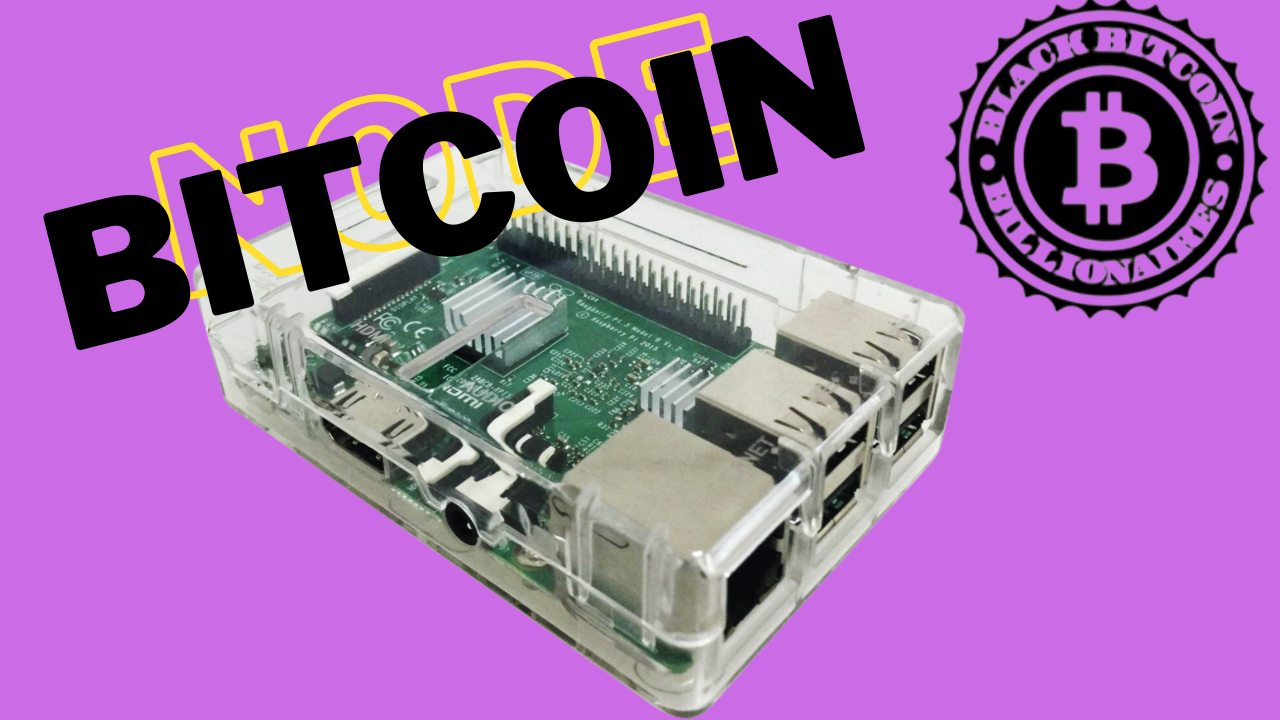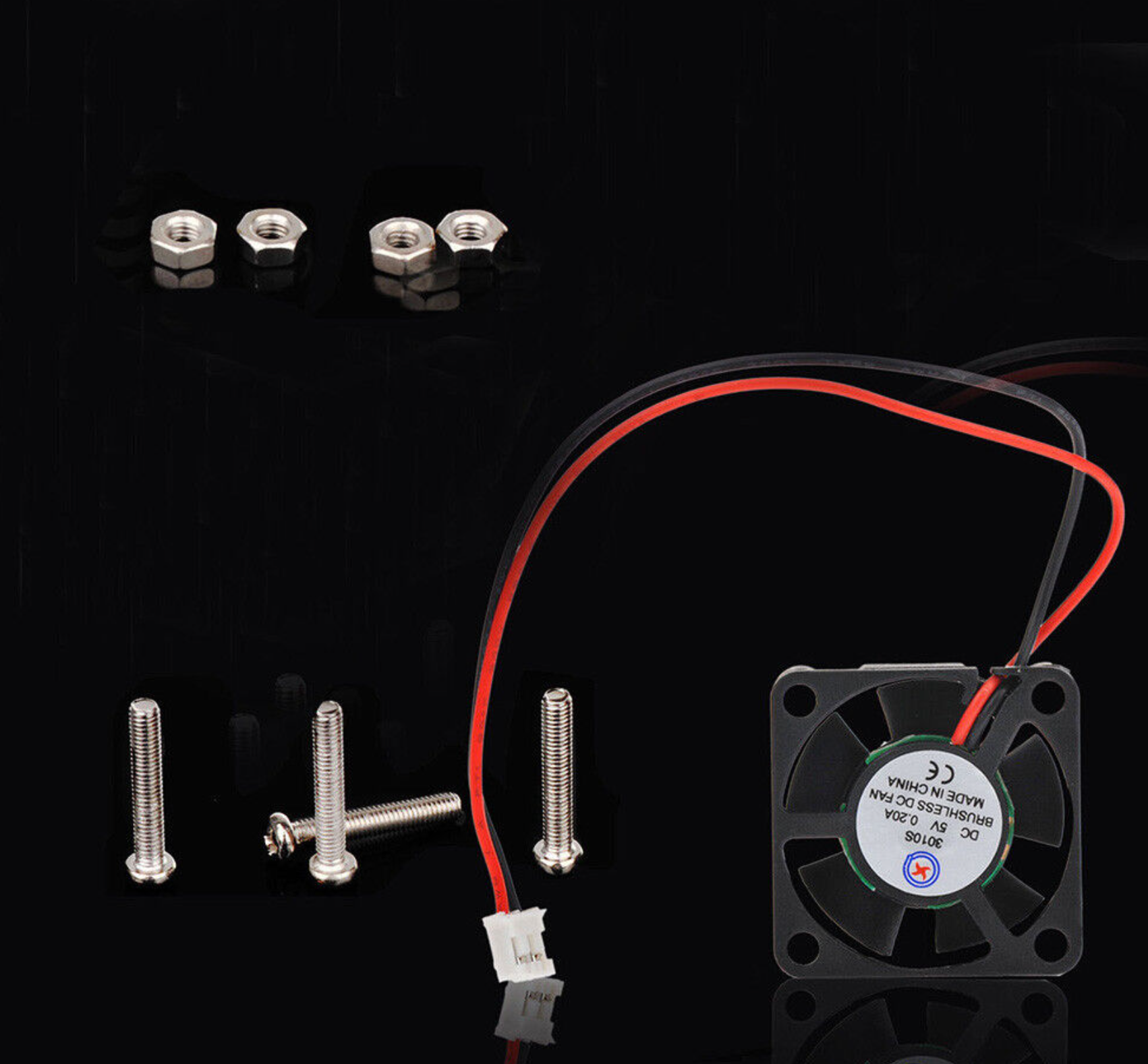Benefits of Running a Bitcoin Node and Financial Privacy

What is a Node?
A Bitcoin node is simply a computer system that runs the Bitcoin software and participates in the network by verifying transactions and propagating new blocks to other nodes. It serves as an intermediary between miners and users, helping to secure the network by ensuring that all rules are followed properly. In essence, nodes are vital for keeping the blockchain secure because they ensure that all participants have access to up-to-date information regarding the state of the network. By running a full node, you can take part in two different aspects of the bitcoin network: transaction verification and relaying transactions.
The Benefits of Running a Node
When you run your node, you are not relying on third-party services to validate your transactions or access blockchain data. This means that you can be sure of your transactions’ security and accuracy while protecting your financial privacy since no third parties have access to your data or funds. I recommended that readers do their own research, and Bitcoin nodes should be ubiquitous in every household, just like internet routers are. Once people realize they can secure their money from the comforts of their own homes, then the lightbulb will hopefully go off about the node ownership.
I recently spoke with William Schoellkopf, author of “The Bitcoin Dog: Following The Scent To The Bitcoin C++ Source Code.” We discussed the intricate details of running a Bitcoin node, why running a node secures your financial privacy, and what about the Bitcoin ecosystem inspired his book. Here is the full interview if anyone is interested.
Increased Security: By running a full node, you can help to secure the Bitcoin network by verifying transactions and blocks. This verification process ensures that no one can double-spend their bitcoins or counterfeit new ones.
Improved Privacy: Full nodes help to improve privacy on the Bitcoin network by hiding which addresses belong to which user. This is because when you run a full node, your traffic is not routed through any third-party servers.
Faster Transactions: Full nodes help to speed up transactions by relaying them quickly throughout the network. This is because each full node contains a complete copy of the blockchain, which allows them to verify transactions quickly and efficiently.
Why use a Raspberry Pi?
The Raspberry Pi is one of the cheapest ways to build your own Bitcoin node which you can order a Raspberry Pi kit from numerous websites online. Not only is it cheaper than buying or building hardware, but it also consumes less power than traditional computers, making it more energy-efficient. Additionally, because it's small, lightweight, and portable, you can easily move your node around if necessary.

What do I need?
In order to build your own Bitcoin node on the Raspberry Pi, you'll need several components:
- A Raspberry Pi 3 Model B or higher (with at least 8 GB RAM).
- An SD card with at least 8 GB capacity (we recommend 16 GB). - A compatible power supply (5V/2A). - An Ethernet cable or Wi-Fi adapter for internet connectivity. - A USB keyboard and mouse (optional). - Software packages like Raspberry Pi OS, Umbrel and Bitcore Node. - The latest version of the Bitcore Node software is available on GitHub. Once you have all these components ready, you're ready to get started!
Overall, there are many advantages to running a Bitcoin node. By doing so, you can help to secure and decentralize the Bitcoin network. In addition, you can also improve privacy and speed up transactions. If you’re looking for ways to support the Bitcoin network, then consider running a full node today!
